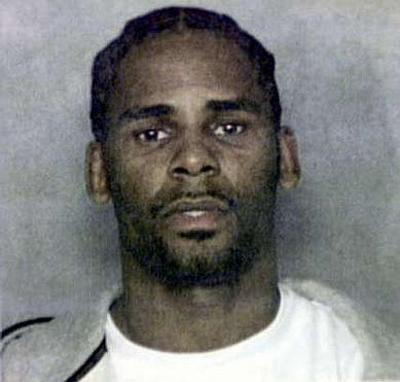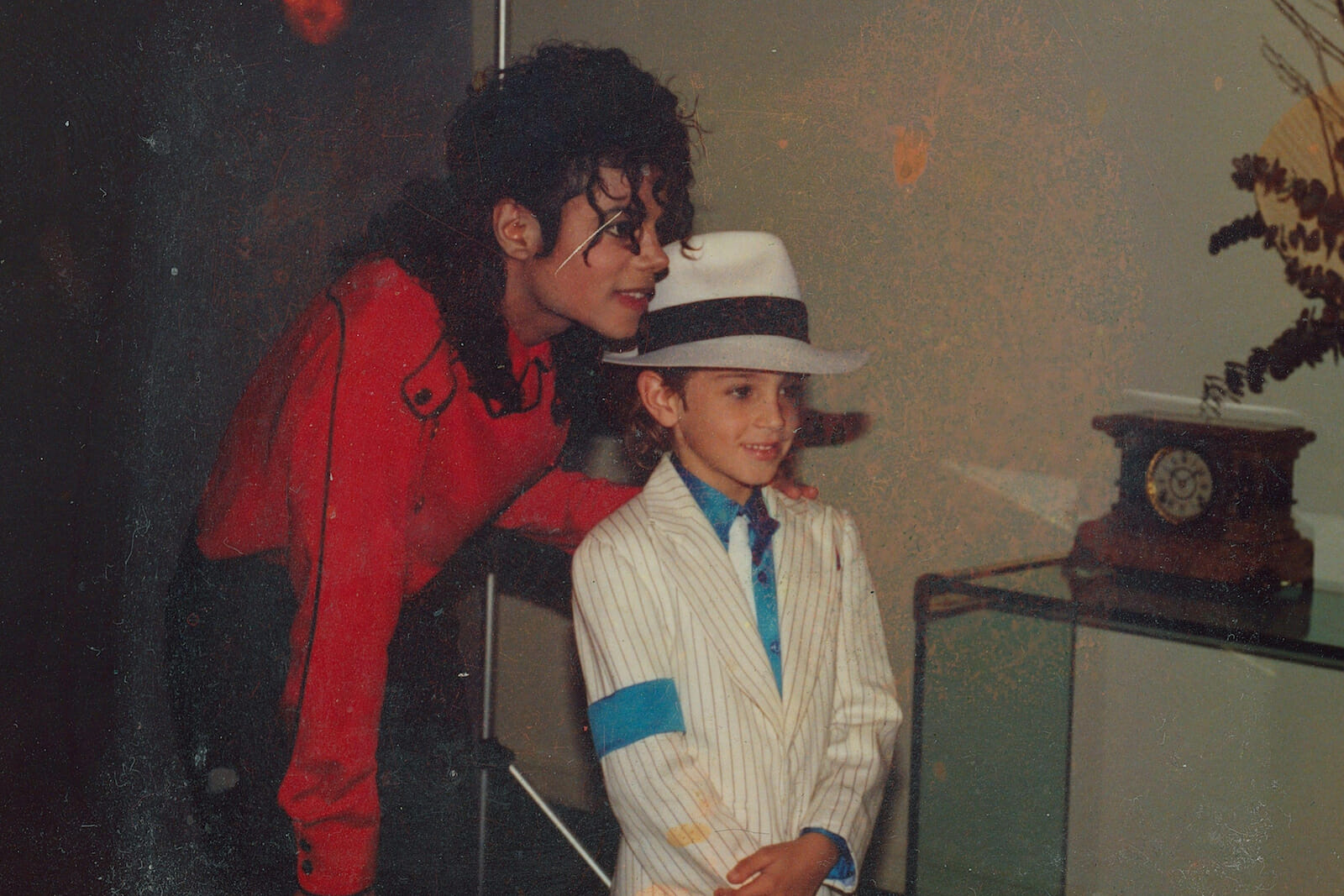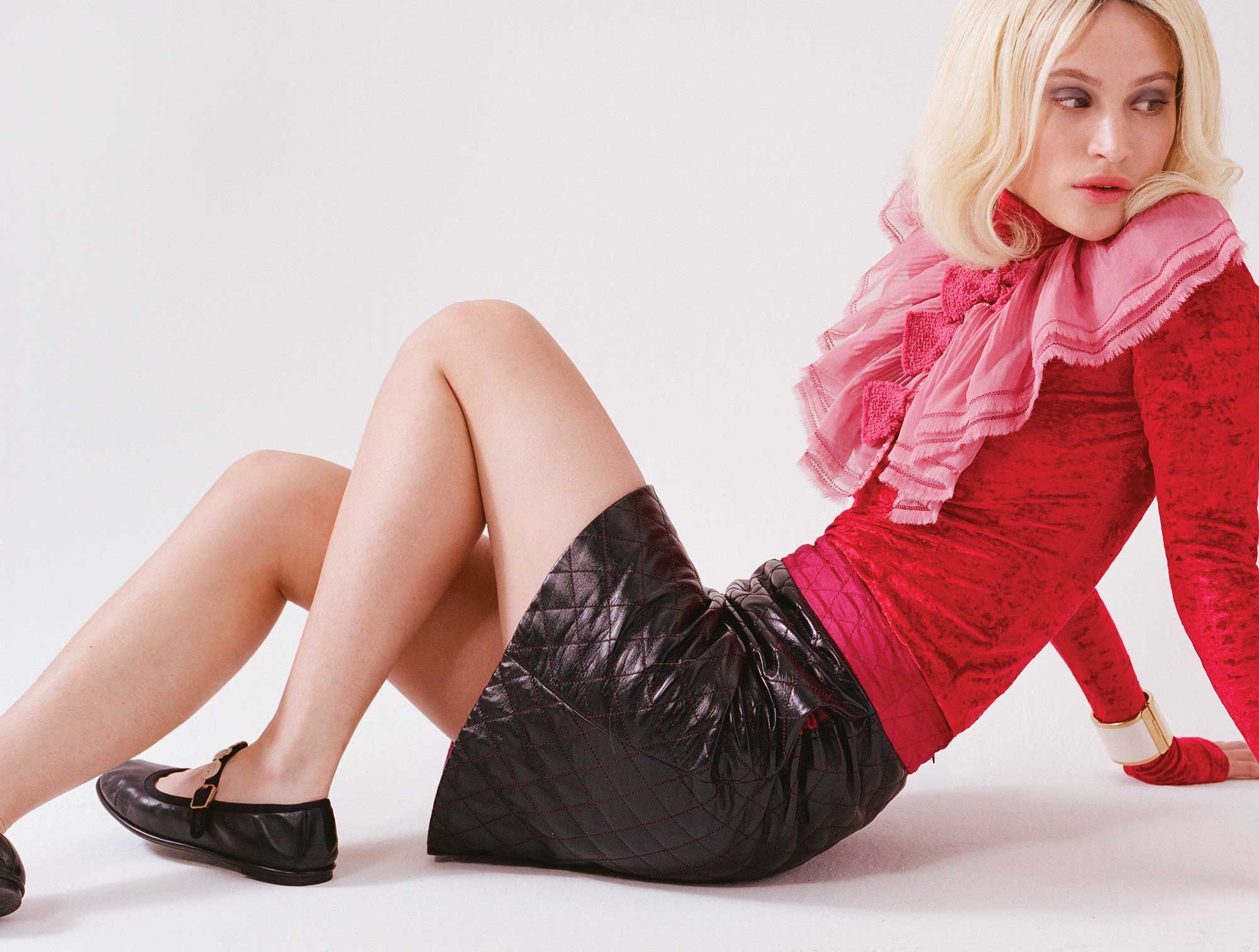To “boycott” someone or something is to refuse to purchase goods from, or sell them to, a given person or company. It is a form of protest as means to socially and/or economically ostracise the individual or object in question for reasons of ideological conflict, their disregard for human rights, and wrongful manner of conducting themselves at large. The word stems from a late English land agent—a man named Charles Cunningham Boycott—whose unwillingness to cut his employees and farm tenants some slack in terms of rent and working conditions led to the entire local community boycotting him, putting his entire personal and professional existence at risk, eventually leading him to flea the area entirely.
These days, the concept of boycotting has become more and more of a thing, with an increasingly political tone of voice echoing through global social media traffic. What has been dubbed “call out culture” is, if nothing else, a relatively new wave of vocal activism, both cause and effect of Time’s Up and #metoo-movements fighting to dethrone men of both powerful and predatory nature. What began as the long overdue demise of Hollywood mogul Harvey Weinstein in 2017, was swiftly followed by a grand collapse of the entertainment industry’s meticulously spray-tanned facade and rancid guts.
Present day, the world of music has proven just as rotten, inside and out, as the acting biz. One of the first high profile cases to emerge in the wake of next-level, internet feminism—even before the infamous Weinstein debacle—was pop singer Kesha‘s horrific history with mega-producer Dr. Luke. The American hitmaker had collaborated with the ‘TiK ToK‘ singer on many occasions, the latter having since come forward to reveal several instances of sexual and emotional abuse inflicted by the former. The media-heavy case even drew in fellow stars Lady Gaga and Katy Perry, only to later turn out in favour of Luke. While Kesha has since somewhat recovered by way of a cathartic fourth album and a drastic change in sound, the leftovers we’ve sat down to eat as food for thought leave us with what can only be called a clash of interests.
Fans of Kim Petras have expressed their feelings of conflict in supporting the star without also supporting Dr. Luke, her producer and an alleged abuser, financially.
As time continues to pass, people we’ve once artistically and personally admired continue to not only disappoint, but devastate us with uncoverings of their backstage-behaviour. Dr. Luke is, as well as many other examples to be examined later on, one of plenty prime exhibits for the drastically complicated differentiation between artist and art. It forces us to rethink our habits as consumers of said art, it forces us to question how to distance ourselves from a man like Dr. Luke without distancing ourselves from his victims—victims whose publishings are irreparably smeared by the ink of his feather. How do we boycott Dr. Luke and his work without boycotting Kesha and her work? Or do we even want to boycott his work? Would we rather separate sculptor and sculpture? If so, how do we justify the attention and money we wire to him by continuing to listen to his music? Then again, denying him attention and money consequently denies Kesha of our attention and money, too.
Questions over questions sprout like weeds, no whacker, no answers in sight as we try and recuperate from this unholy mess and the state of discombobulation it has left us in. The feeling of not knowing what to do or say, or even how to do or say it lingers as former idols, trailblazers of their craft, become protagonists of stories that’ll make even the toughest of skins crawl. Former R&B icon R. Kelly, too, is, today, better known for disgusting allegations—and narcissistic outbursts in denial of these—than his music. Similar to Weinstein, Kelly’s more than problematic behind-the-scenes treatment of women and underage girls in his private and professional life was never as big of a secret as contemporary discourse may have you believe. And yet it took decades and the implantation of new media platforms in society for sufferers to be taken seriously. But won’t the proposal to #muterkelly lead to more damages-done to those he’s harmed? Apparently bankrupt, the singer allegedly owes hundreds of thousands of dollars in child support, and that does not include the money he should be coughing up for the financial compensation of the accusers’ pain. With the way the industry functions, how can we do right without doing wrong?

R. Kelly mugshot, Miami Police Department
Alongside the uncertainty of how to act upon these news accordingly, many struggle to even form an opinion, conflicted by admiration for the artist and his efforts on one side and empathy towards those mentally and physically wounded by him on the other. It is here that the court of public opinion becomes a superlative in every which way. Countering the suppressive system that previously silenced those injured, we’ve become insistent on wanting to offer these victims a stage, tools to express the injustice they’ve experienced, with sudden changes in narrative becoming quintessential for the public’s perception of what is true or false. With late King of Pop Michael Jackson in midst of the Leaving Neverland-scandal, we see yet another modern legend’s darkest secrets unearthed, by two men that, years prior, claimed to have never been inappropriately handled by Jackson at all. How does one honour a man’s creative legacy when he has done such unspeakable things? And how come the world seems so quick to discredit a dead man whose defence can’t be heard, when people like Chris Brown—a known abuser, repeatedly at battle with the law—still tours, still records albums and features on songs of performatively “woke” women artists? How come there is no mainstream outrage against a man who brutally beat his then-girlfriend Rihanna and just recently made headlines for an alleged attempt to rape a woman in Paris, but in turn we seem willing to see others’ images diminished in a matter of seconds for something they may or may not have done 30 years ago? But are we even comparing? Can we? Aren’t we gazing at apples and oranges here, after all? What is a second chance and under what circumstances can or can’t it be handed out?
The discrepancies between what can be proven fact and what the media and thus the public wants to believe can be ginormous, and nowhere does this unevenness become as evident as in the Jussie Smollett incident. The actor and musician was caught in a whirlwind of press regarding a supposed hate crime, which he was later accused of staging himself as some sort of publicity stunt. Shortly after a multimedia crucifixion of Smollett and his wrongdoings towards not only the LGBTQ+, but also the Black community, all charges against the 36-year old were dropped. What now? How are we supposed to feel about things when our emotional evaluation of them stands in total contradiction with the rationally explainable?
Aaliyah’s ‘Age Ain’t Nothing But A Number’ was produced by R. Kelly, who she married illegally at the age of 15 before the relationship was annulled by her parents.
This is no attempt at defending anyone, just as little as it is intended to pour more fuel into the fire. This is merely an appeal to reflect on what we see and hear, IRL and on the WWW. Historically, we’ve already hurt our own kind enough as it is, and assuming we want to steer clear of that in the future, it might help to not swing from one extreme into the next. We shun Azealia Banks for having once (and only temporarily) supported Trump, but wait in eager anticipation for MAGA-hat-wearing-Kanye‘s new album to drop. RuPaul was hastily labelled transphobic and prompted to be “cancelled” for controversial comments in an interview, despite not only having accomplished more for queer people and minorities than most—dead or alive—, but also repeatedly claiming solidarity with and open doors for trans individuals on his show long before. We trash-talk Cardi B’s husband against her will, but somehow downplay that she has admitted to non-consensually drugging, and then robbing men to make ends meet pre-fame …
Acknowledging the subtle stench of occasional hypocrisy reeking through countless events, we can’t help but ask ourselves: What even is a boycott, where does it end and where does it begin in the first place? There has to be a “con-” in pro-test, and a “pro-” in con-demnation. Only if we utilise our intellectual and affectionate capitals wisely, will a boycott be a boycott, boys not be boys, and justice be served.


